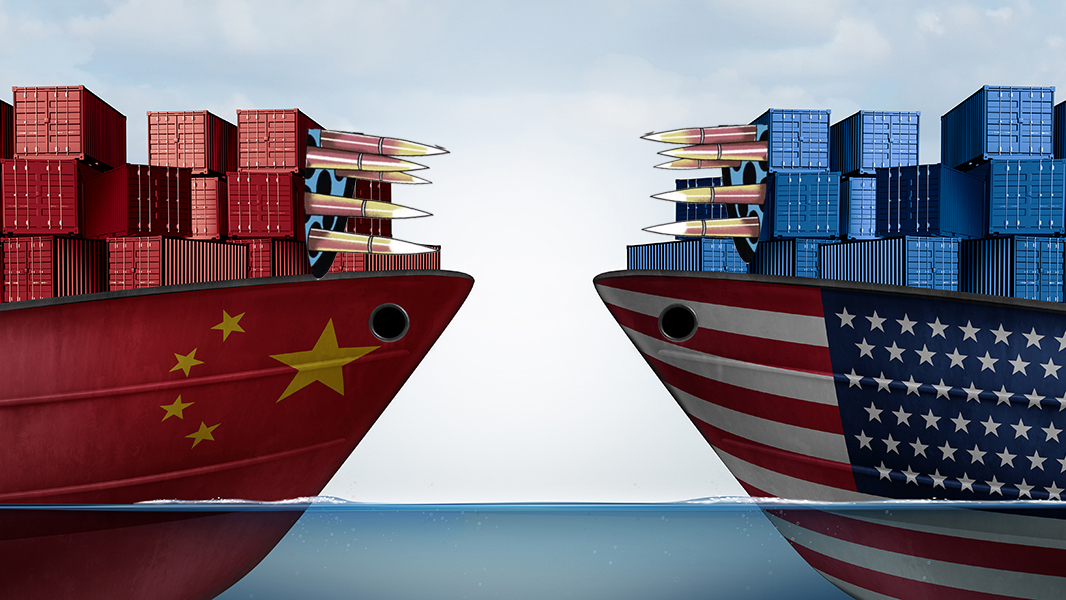

The trilateral security pact AUKUS, which includes Australia, the United Kingdom, and the United States, has sparked discussions in New Zealand about the country's potential involvement in the alliance. New Zealand is considering joining Pillar 2 of AUKUS, which focuses on advanced military capabilities and is aimed at countering China's influence in the Indo-Pacific region [bd31ba4f]. However, there are concerns and criticisms regarding New Zealand's potential participation in AUKUS.
Critics argue that New Zealand should outline its case for joining AUKUS in detail and provide a political process for public input [bd31ba4f]. They believe that the government should slow down and engage in a genuine public discussion before making a decision [bd31ba4f]. Joining AUKUS may have economic and security risks for New Zealand, and it is important to carefully evaluate these risks before committing to the alliance [bd31ba4f].
China is seen as a key factor in New Zealand's considerations. While some argue that China poses no perceivable military threat to New Zealand, others believe that joining AUKUS could exacerbate tensions with China and potentially harm New Zealand's economic relationship with the country [bd31ba4f].
David Mahon, an analyst, highlights the risks New Zealand faces if it joins AUKUS II. He argues that joining the alliance would signal to China that New Zealand is not as independent as it claims to be [b1f85723]. Mahon emphasizes that New Zealand risks destroying 50 years of balanced, non-allied status in the Asia-Pacific region if it joins AUKUS II, which aims to contain China [b1f85723]. He points out that China's economy is recovering stronger than expected and transitioning to a more sustainable growth model. China's economic strength and global supply chain links give it commercial leverage [b1f85723].
Mahon also notes that the US and European media have unified against China, and Washington is pressuring other countries to contain China [b1f85723]. He warns that New Zealand's relationship with China, built over decades, is at risk if it joins AUKUS II. China may reassess its relationship with New Zealand, and other countries may fill the gaps left by US-led disengagement [b1f85723].
Mahon argues that the US-China conflict is unlikely to end in a clear victory for either side and that a stable future requires an uneasy equilibrium between the two powers. He suggests that Asian nations should be wary of choosing sides and should maintain peaceful relationships with each other [b1f85723].
In light of these considerations, it is crucial for New Zealand to carefully weigh the benefits and risks of joining the alliance and ensure that its decision aligns with its own national interests and values [bd31ba4f]. The United States is reportedly pleased with New Zealand's perceived shift in stance towards joining AUKUS [bd31ba4f]. However, a thorough and transparent public discussion is essential to ensure that New Zealand's decision aligns with its national interests and values [bd31ba4f].
The opposition parties in New Zealand also have a role to play in the discussion. Some argue that they should have a policy to tear up the AUKUS agreement if they return to government, highlighting the need for a comprehensive and bipartisan approach to New Zealand's involvement in the alliance [bd31ba4f].
Overall, the consideration of joining AUKUS is a complex decision for New Zealand. It requires careful evaluation of the potential risks and benefits, as well as consideration of the country's relationships with China, Pacific Island nations, and other regional actors. A thorough and transparent public discussion is essential to ensure that New Zealand's decision aligns with its national interests and values [bd31ba4f].